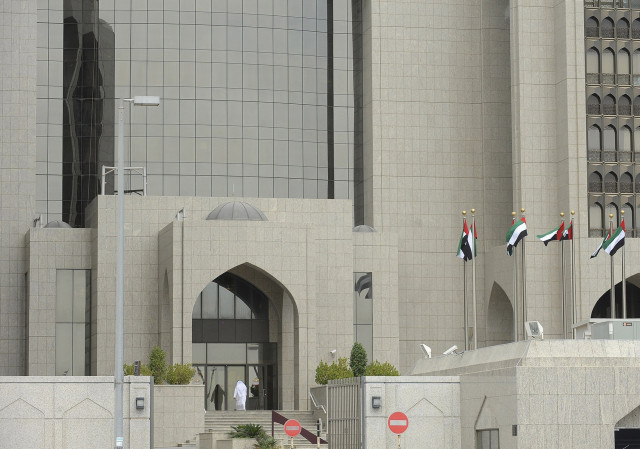Gulf central banks respond to US Fed rate decision with their own cuts
Rate cuts align with Fed policies as Gulf currencies are mainly pegged to US dollar, except for Kuwait's dinar

Most central banks in the Gulf region have lowered their benchmark interest rates following the US Federal Reserve's decision to cut rates for the first time in over four years.
The Fed reduced its rates by 50 basis points to a range of 4.75% to 5%, signaling the beginning of a monetary easing cycle aimed at staving off potential recession risks and supporting the US economy.
Central Bank Adjustments
In response to the Fed's action, Gulf central banks made the following adjustments:
- Saudi Arabia: The Saudi Central Bank (SAMA) cut its repo rate by 50 basis points to 5.5%.
- UAE: The UAE Central Bank lowered its base rate for the Overnight Deposit Facility by 50 basis points to 4.90%.
- Bahrain: The Central Bank of Bahrain reduced its key rate on overnight deposits by 50 basis points to 5.5%.
- Kuwait: The Central Bank of Kuwait decreased its discount rate by 25 basis points to 4%.
- Qatar: Qatar’s Central Bank adjusted rates, lowering the deposit rate to 5.2% and the lending rate to 5.7%.
These rate cuts align with the Fed's policies, largely due to Gulf currencies being pegged to the US dollar, except for Kuwait’s dinar, which is linked to a basket of currencies.
Economic Implications
The Fed's decision aims to address growth concerns, which may temporarily weaken the US dollar and boost asset markets.
The reduction in interest rates is expected to alleviate financing costs for large-scale diversification projects in the Gulf Cooperation Council (GCC) region, where economies are heavily influenced by oil prices.
Countries like Saudi Arabia and the UAE are investing billions in diversification projects, partially financed by government equity and commercial financing. The UAE economy, maintaining strong growth, saw a 3.4% GDP increase in Q1 2024, driven largely by the non-oil sector.
Inflation Trends
Inflation in the UAE is projected to rise to 2.3% this year from 1.6% last year, influenced by moderate increases in commodity prices and rents.
In Saudi Arabia, inflation is expected to decline to 1.9% by year-end. Globally, inflation is forecasted to decrease steadily, with the International Monetary Fund predicting a drop from 6.8% in 2022 to 4.5% in 2025.
Market Reactions
The GCC economies are anticipated to rebound strongly in 2025, benefiting from Opec+ production cuts and growth in non-oil sectors like tourism and finance.


















COMMENTS
Comments are moderated and generally will be posted if they are on-topic and not abusive.
For more information, please see our Comments FAQ